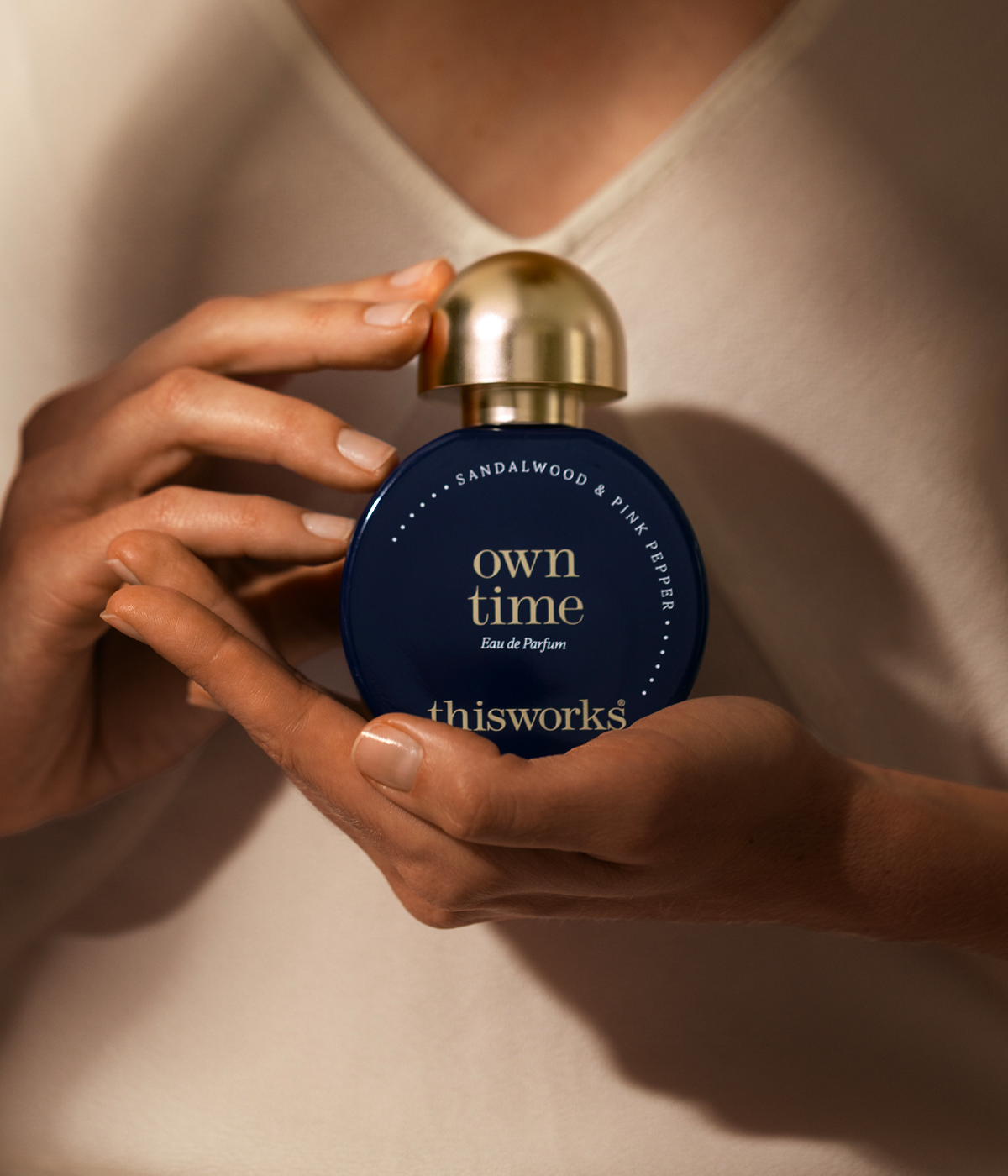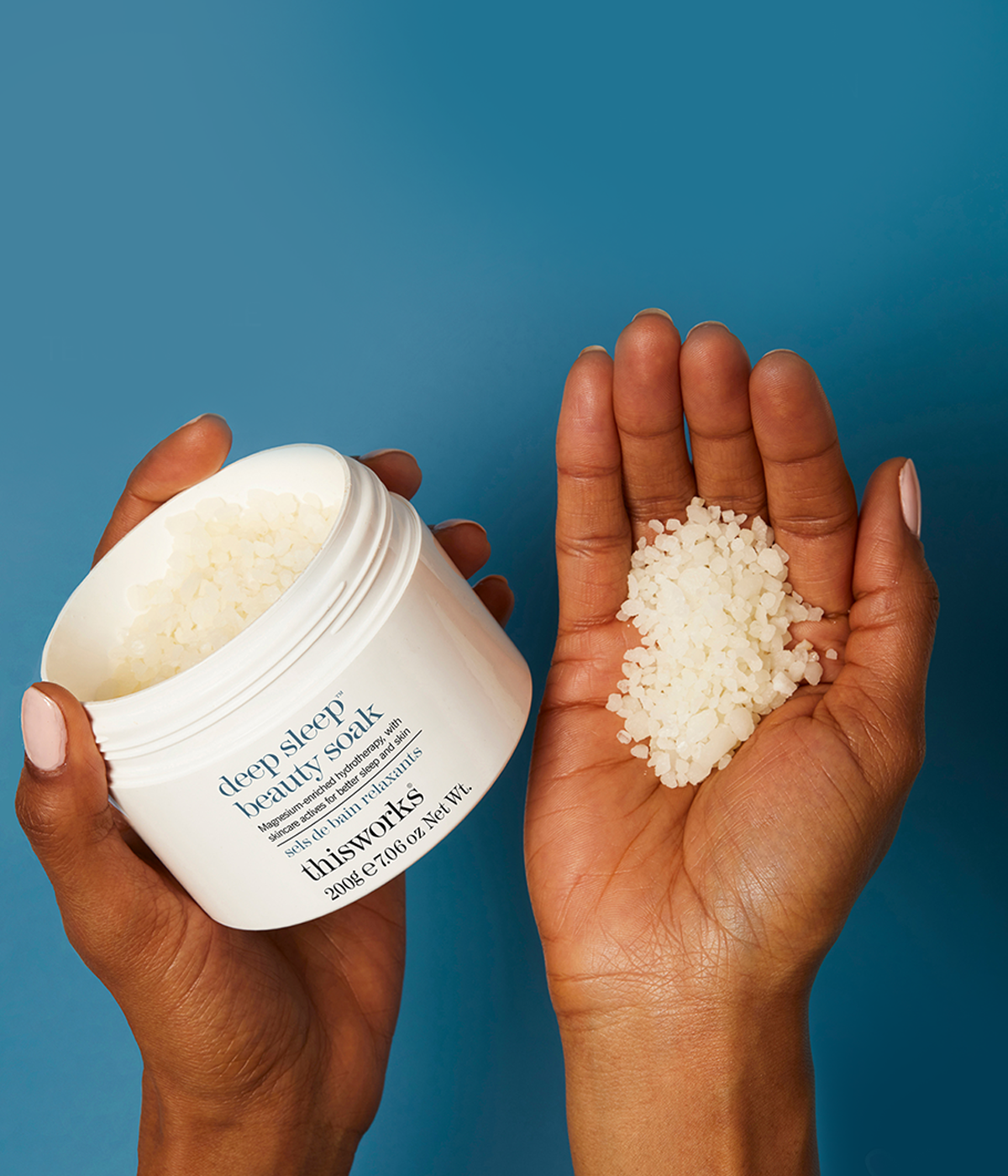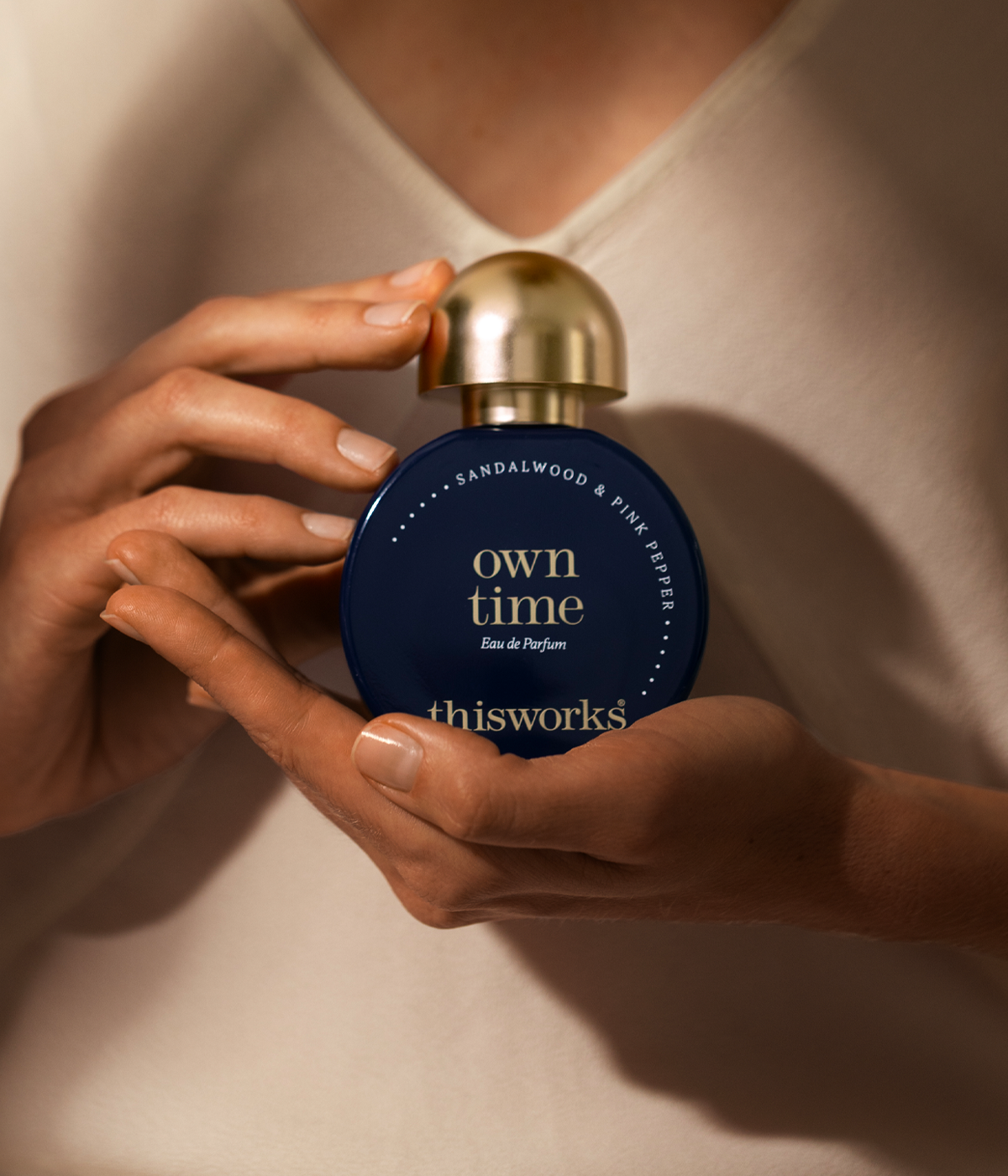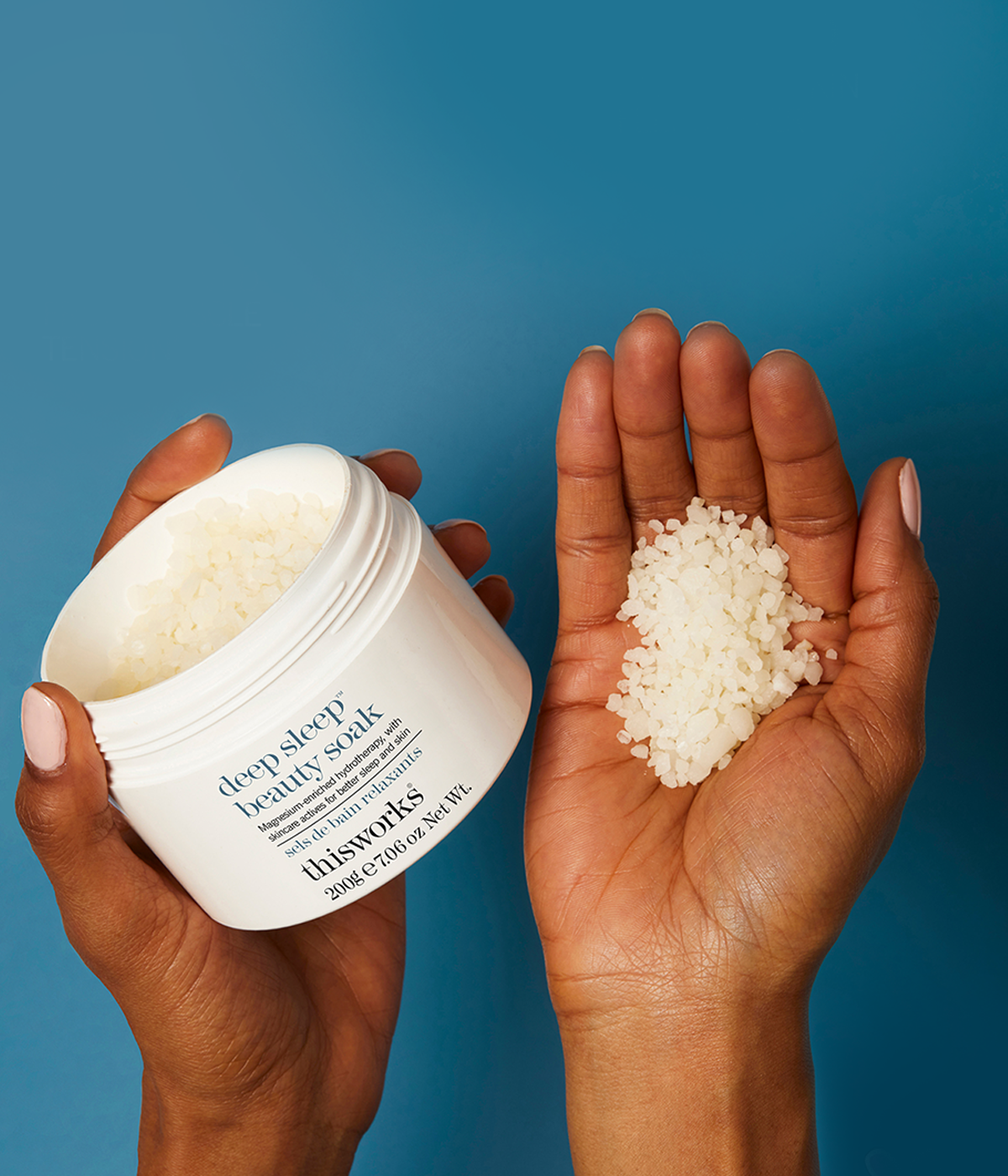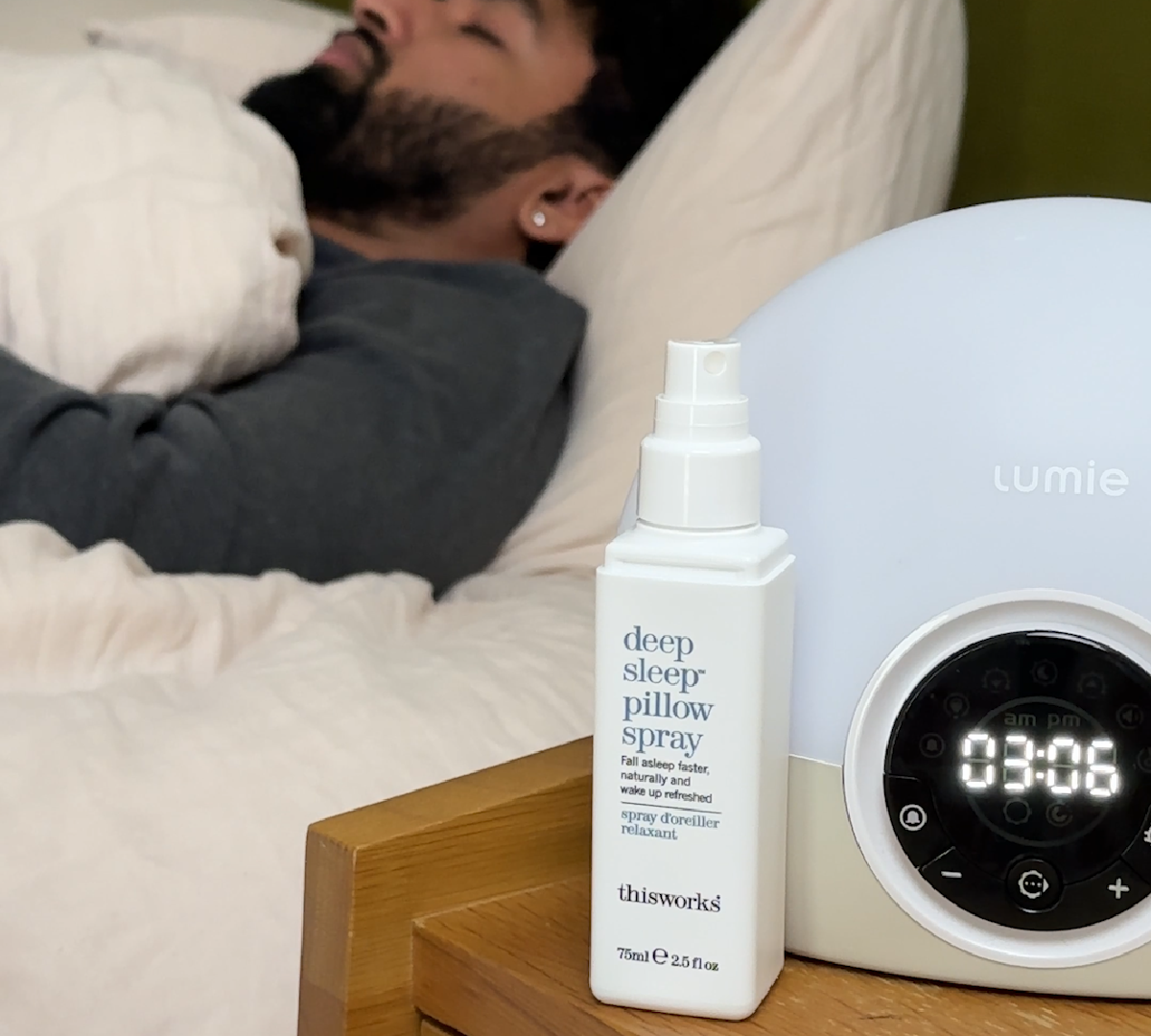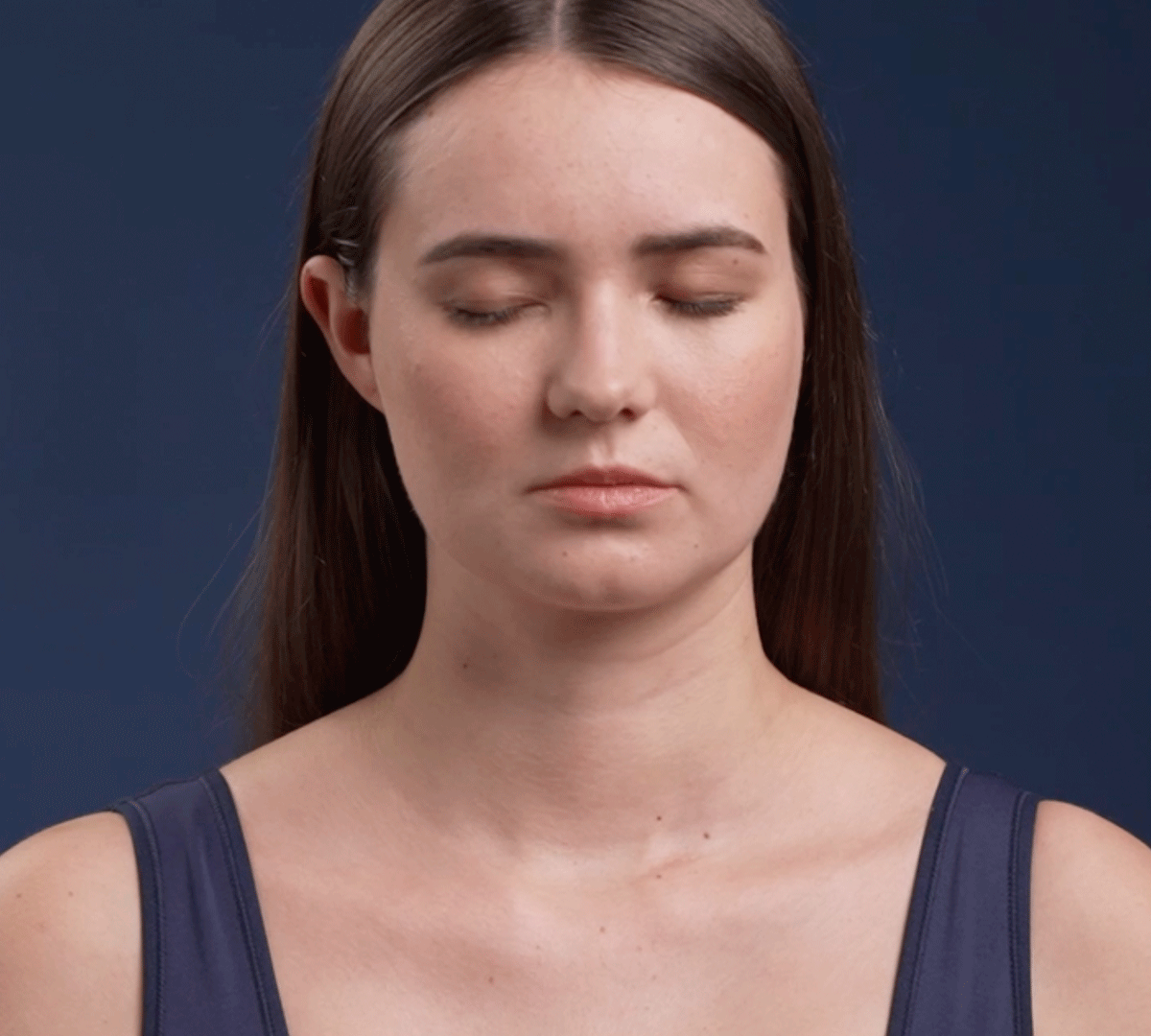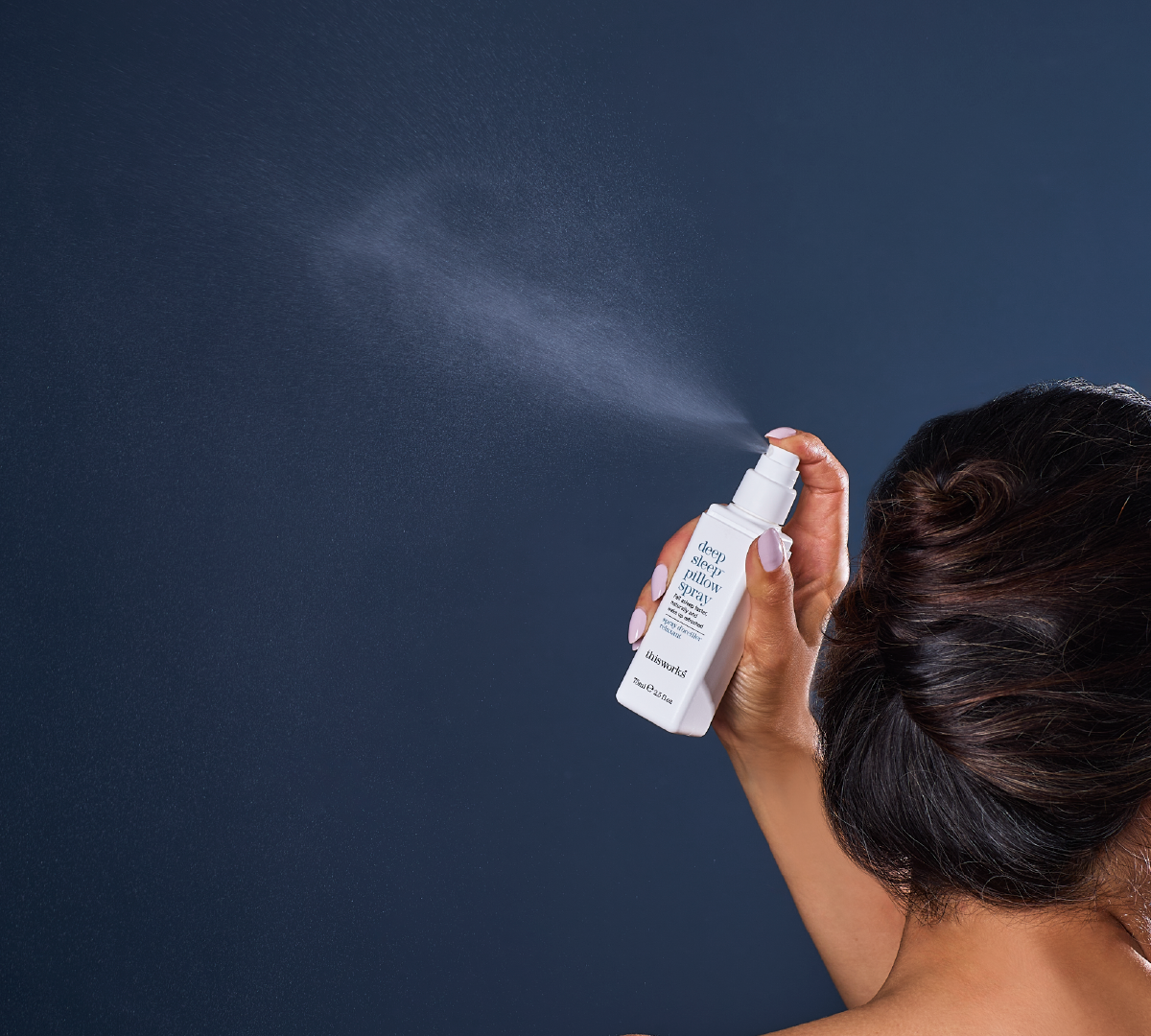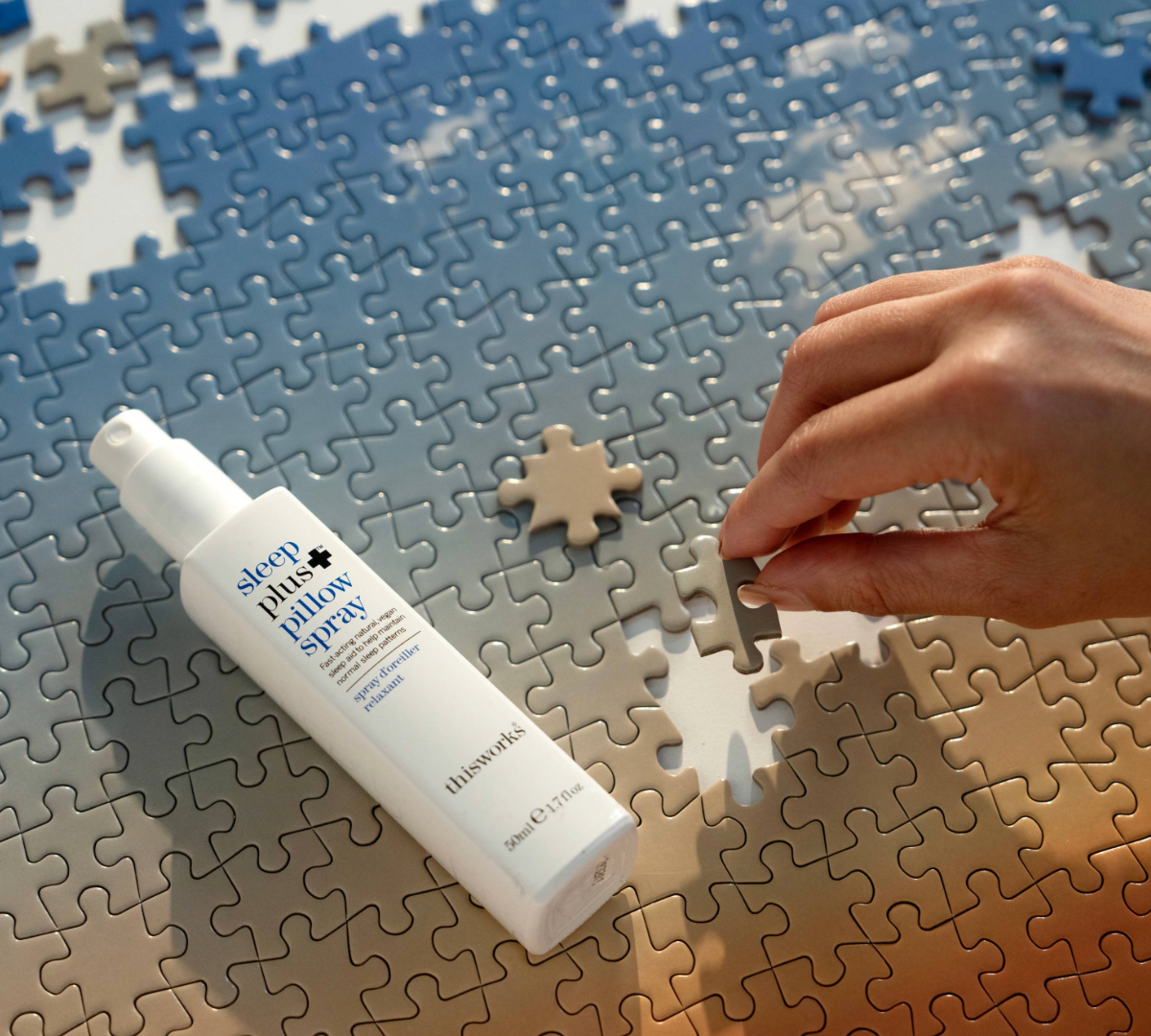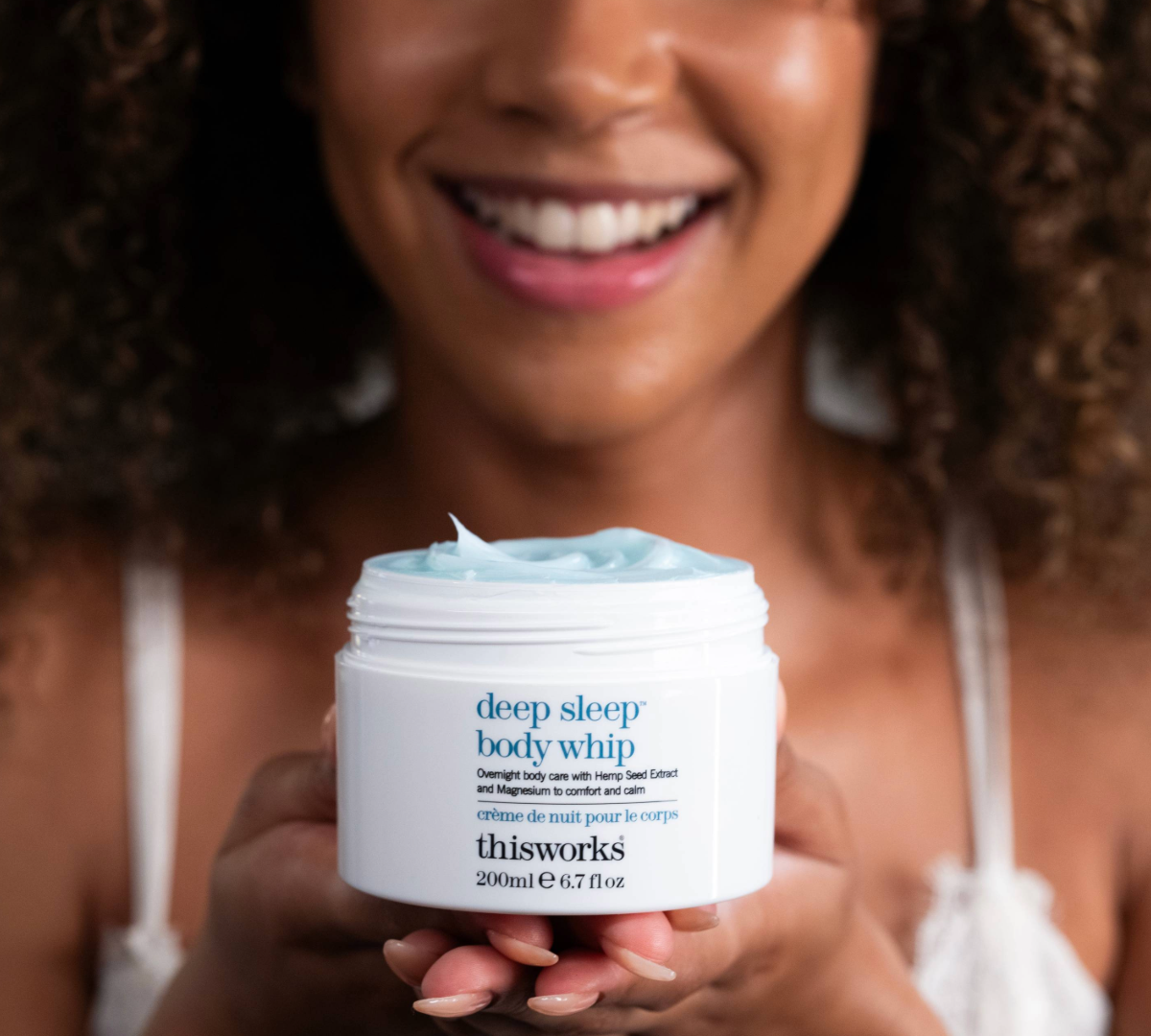clock change: better ways to cope with ‘falling back’
We shed some light on how you can make this autumn transition easier.

When does the clock change happen?
After a long, bright summer, the UK marks its transition into autumn by shifting from British Summer Time to Greenwich Mean Time. Once the clocks ‘fall back’ at 2 am on Sunday 26th October, evenings become shorter, mornings are darker, and the temperatures descend to welcome the signature crisp air of the ‘ber’ months. While the change in time ‘adds’ an hour to the clock, effectively giving us an extra hour in bed, a smooth adjustment to the new timings, lessened light, and shorter days will have a far bigger impact on how you feel than the amount of sleep you get. Here, we explain why this small change can affect our bodies and share tips on making this transition a little easier on ourselves.
How does the clock change affect our bodies?
Our circadian rhythms are 24-hour cycles that are part of the body’s internal clock, which regulates essential functions like temperature, hormone levels, metabolism, appetite, sleep, and wakefulness. We all have a master clock that communicates with the many other clocks ticking throughout our bodies to carry out functions. This clock (or group of nerve cells in the hypothalamus called the Suprachiasmatic Nucleus) is synchronised with the external light-dark cycle, and it sends signals to the rest of the body’s clocks according to light cues. Our body clock is particularly sensitive to blue light, which is why artificial light from devices can significantly impact the quality of our sleep.
A sudden external change in the environment, like a clock change, can leave the master and peripheral clocks out of sync. Our body clock relies on light for its cues, following a predictable phase-response curve. Bright light in the evening tends to naturally push sleep later, while bright morning light would usually wake us earlier. These wake-up and sleep cues come from natural or artificial light, meaning that even on cloudy days or evenings using big lights, the body receives the signal from brightness that it’s daytime. In modern society, we tend to do the opposite of what evolution expects, getting too little bright light during the day and too much light after dark, meaning we have to make a conscious effort – especially in the winter months – to get the light and darkness we need at the times we need them.
When our circadian rhythm is disrupted, our sleep-wake cycle is thrown off, leading to frequent waking and a groggy feeling that is hard to shake in the morning. This lack of sleep, however slight it may be, can have a negative impact on mood, cognitive function, attention span, focus, and decision-making.
The power of light
When the clocks go back, measured time instantly moves one hour earlier, but your internal body clock takes a while to catch up. Everyone responds differently to the clock changes depending on whether they are more of a ‘morning’ or ‘evening’ person. Studies show that morning people may find the autumn shift more challenging, while evening people tend to feel the spring shift more. Most people don’t get nearly enough daytime light and far too much exposure to artificial light like big overhead lights, phone screens, TV or even streetlamps in the late evening, which can suppress melatonin (the sleepy hormone that signals to the brain its bedtime).
So, what can you do to ease the transition?
There are a few conscious actions you can take ahead of (and after) a clock change to help get yourself back on track and your sleep where you want it to be. By gently tweaking your routines and habits leading up to the day, you can make the transition smoother.
Front-load your light
Getting outside, as close to wake time as possible, for at least 30–60 minutes of daylight exposure can help anchor your Circadian Rhythm. Even during autumn, when the sun is behind clouds, it still delivers a strong melanopic signal to your brain and body clock. If you aren’t able to get outside, working by a bright window can help. Getting back out in the afternoon, to receive lower light into the eyes, can help tell the brain bedtime is coming soon and limiting your bright light after this would be ideal.
Dim and warm your evenings
Three hours before your target bedtime, keep the lighting low and warmer. Switch off big ceiling lights and opt for lamps instead, or even better, light a deep sleep heavenly candle to enjoy soft, flickering candlelight and the sleep-promoting Functional Fragrance of Lavender, Camomile and Vetivert. This signature blend has been shown under fMRI testing to activate parts of the brain associated with relaxation and calm, helping you wind down for sleep.
Switch off
Reduce the use of screens and digital devices, including TVs, phones, and laptops, where possible. Many devices offer ‘night mode’ which helps but doesn’t replace dimming. Reading a paper book or an e-book without a lighted screen is a great alternative. If you must use devices, keep them dim, at arm’s length, and use them for short periods. Children are even more sensitive to light, so dimming down or implementing device curfews in the evening can help ease the transition and avoid groggy school runs and wired evenings.
Nudge your schedule
Shifting your bedtime and wake-up time by 10 to 15 minutes earlier each day can help ease the final 60-minute time jump, meaning it won't be such a shock to your internal systems. You may have seen this mentioned for children, but it works just as well for adults, too.
Brush up your bedtime routine
Your evening routine can make a huge difference in how quickly you fall asleep, stay asleep, and how you feel in the morning. A warm bath or shower before bed, followed by a brief yet effective self-care routine, can help both your brain and body unwind. Deep sleep body whip is formulated with Magnesium to relax muscles. At the same time, the act of gently massaging it into the skin can help downregulate the mind and enjoy the sleep-promoting benefits of Lavender, Camomile and Vetivert. Make sure your room is as dark as possible, the temperature is cool, and your bed clothing is breathable. Before you get into bed, spritzing your pillow with a deep sleep pillow spray can help you fall asleep faster and wake feeling more refreshed.
There are many small tweaks you can make to ease the shifts this time of year, but remember, when it comes to adjusting to any form of time shift - whether travelling across time zones or during a clock change - the sun is both the most straightforward and potent tool you can utilise. Harness the power of light, dark and clinically proven sleep aids this season.
